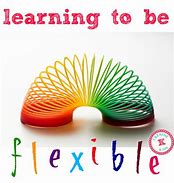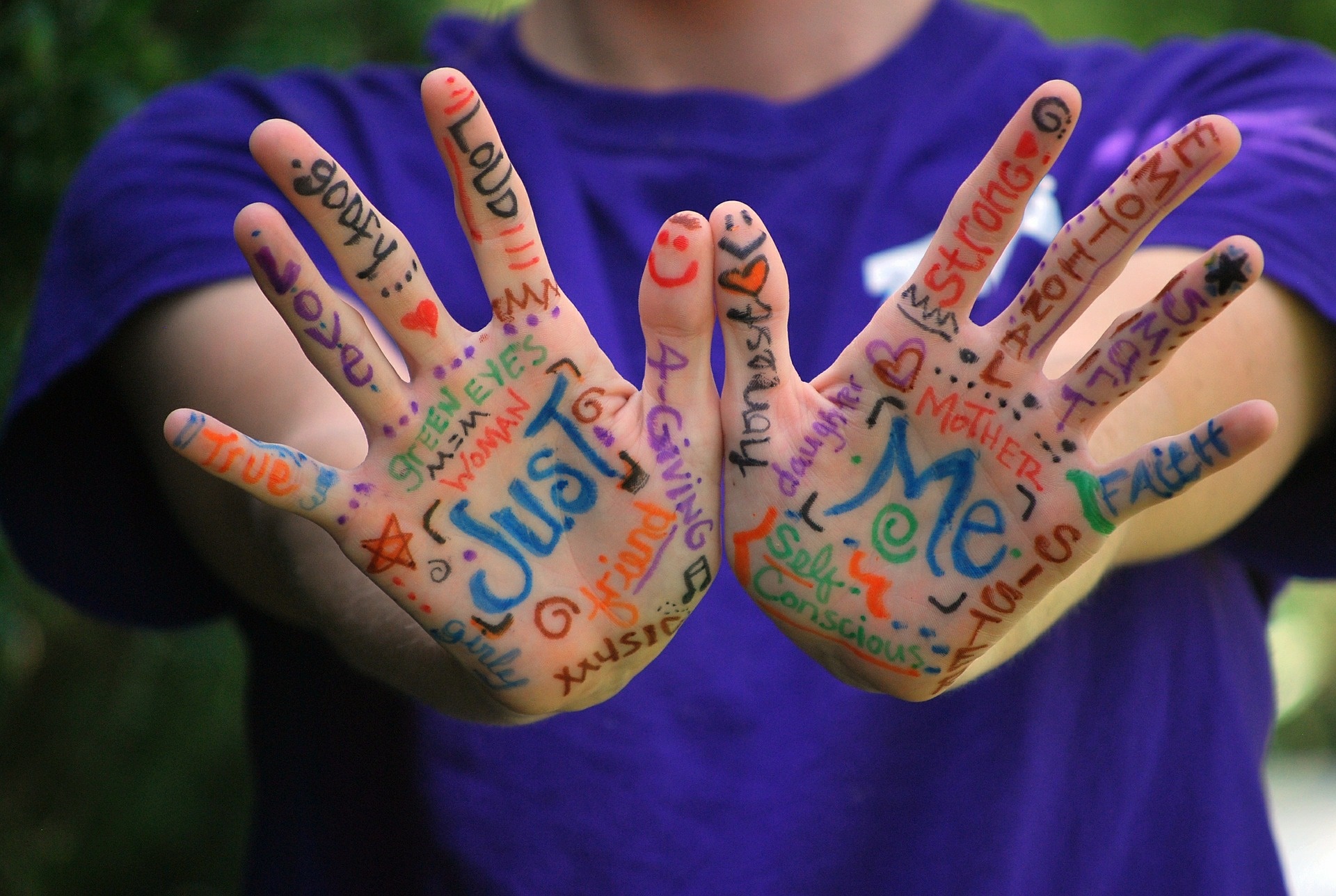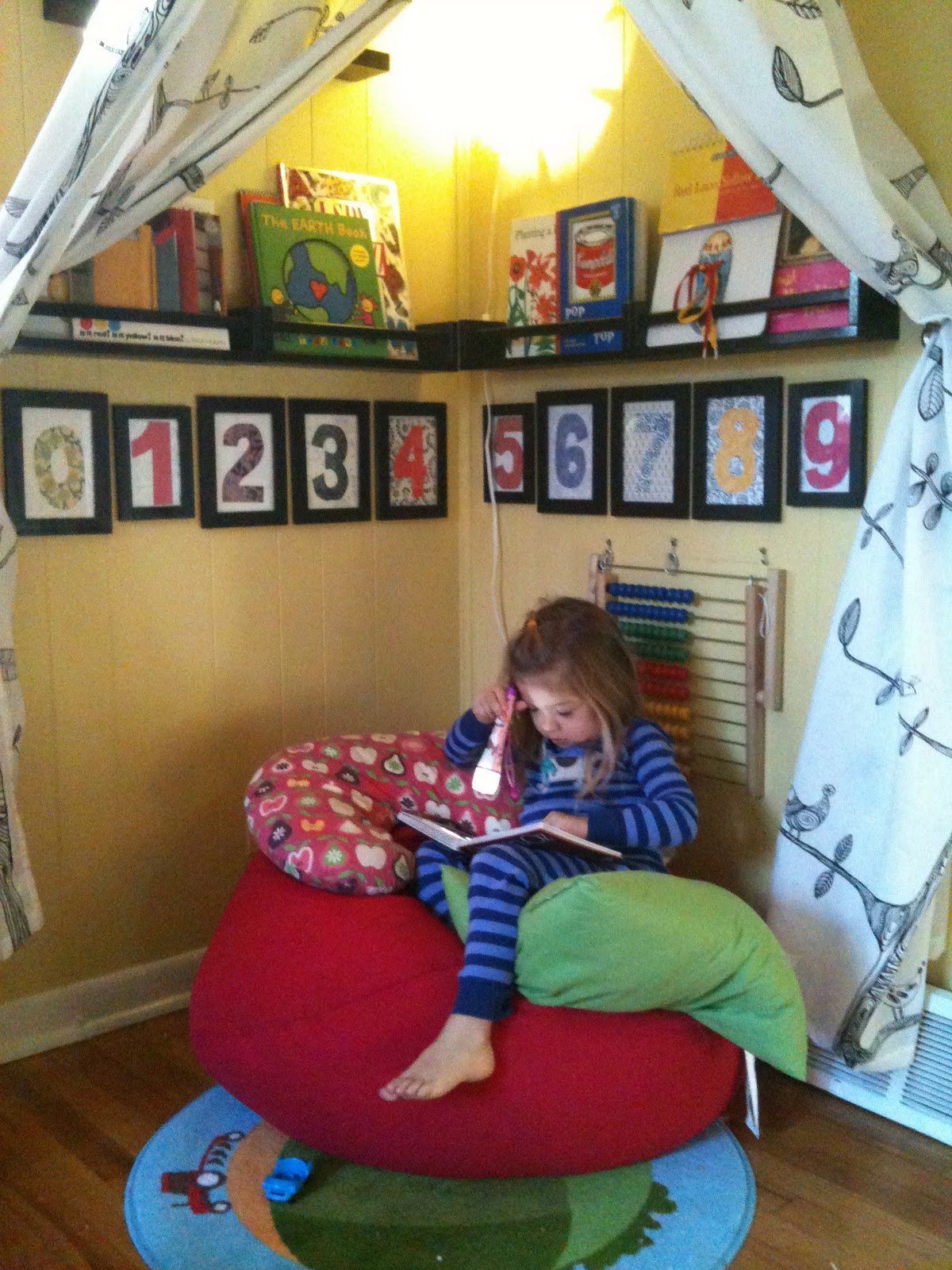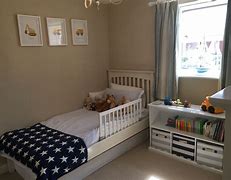Step 5 - Your First Fostering Placement
What do you buy?
Having another child or children in your home means there are more mouths to feed, and minds to entertain... It's always a good idea to stock up on cupboard staples - cereals, snacks, pasta, etc. Another good idea to to have age-appropriate games and films. Depending on the type of placement, it's always a good idea to have an emergency kit, this can help a child or young person to feel welcome. This can include things like a toothbrush, toothpaste, PJ's, a set of clothes, and possibly an age appropriate toy or book. You may not know too much about the child or children until very close to them arriving, so it's always good to keep things as generic as possible.
it's always a good idea to stock up on essential medicines and first aid supplies too.
Preparing your Foster Child's personal space
Getting a bedroom ready for a new arrival, can be both exciting and nerve wracking, it doesn't matter if you're new to fostering or a seasoned professional! Some tips to prepare for this are:-
Mustn't forget Safety!
Consider the age of your foster child – do you need to do any baby-proofing or rearranging of furniture and other household items? Lock away valuables, chemicals, and medicines, and don’t forget common household items that could be dangerous, like cleaning products and hair dye. Number padlocks are handy as you can’t lose the keys!
Time to get your House in Order
Have a good tidy up to clear away clutter, pack away any items that you wouldn’t want to get broken or go missing, and explain to your own children about keeping their personal belongings safe. Remember that foster children come from difficult backgrounds and may be prone to acting out, so tucking these items away will help keep them safe.
The  fostering standards guidelines state that homes must be warm, be adequately furnished and maintained to a good standard of cleanliness. Look at your living space with fresh eyes: is there room for everyone in your household to gather comfortably? Will the child feel at home? Will they have room to play and relax?
fostering standards guidelines state that homes must be warm, be adequately furnished and maintained to a good standard of cleanliness. Look at your living space with fresh eyes: is there room for everyone in your household to gather comfortably? Will the child feel at home? Will they have room to play and relax?
Getting the Family Ready
Once your placement has been confirmed, it's time to get the family ready! Gather the other members of your household - your partner, children, or lodgers and discuss what to expect and how you plan to handle common situations, like privacy, appropriate dress, bathroom sharing or meal schedules. You’ll have had discussions like these throughout your assessment, but it’s good to go over expectations once more before your foster child arrives.
When preparing for your first foster care placement, it’s important to remember that whilst it might be exciting for you, it’s a scary time for the child! With patience, kindness and showing that you offer safety and stability, mutual trust will begin to evolve.






